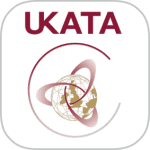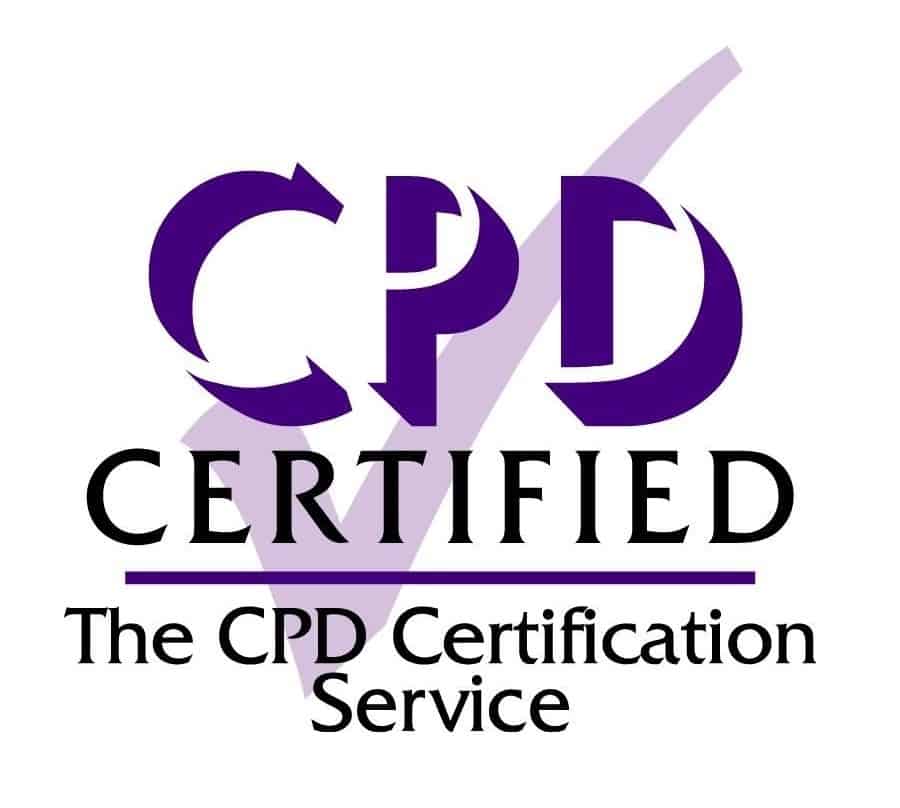There were 541,535 abuse concerns raised during 2021-22, an increase of 9% compared to the previous year, according to NHS statistics. The figures show that adult abuse and neglect are increasing at a faster rate than seen before, with safeguarding cases rising by an average of 8% for the past four years.
This online Designated Safeguarding Lead Adults training course helps ensure the health, dignity and human rights of all adults, especially those at risk due to age, disability or other vulnerabilities. It empowers DSLs with the skills and knowledge to address abuse concerns and ensure the safety and well-being of individuals under their care. Trainees learn how to recognise signs of abuse, respond effectively and uphold the highest safeguarding standards within their organisation.
Are you Aware of Your Responsibilities?
Designated safeguarding leads are ultimately accountable for safeguarding within their organisation. Every safeguarding lead must have completed Level 3 training to ensure they have the knowledge to fulfil this responsibility.
DSLs must also understand the Care Act 2014, which outlines legislation regarding adult social care in England. The act establishes a comprehensive framework for the protection of vulnerable adults and outlines the responsibilities of local authorities and other parts of the health and care system.
These legal responsibilities are underpinned by six key principles all safeguarding professionals must follow:
- Empowerment – Enable vulnerable adults to make their own decisions and inform outcomes as much as possible
- Prevention – Recognise the most at risk and take appropriate action as early as possible to prevent harm, such as training staff or educating vulnerable adults on abuse prevention
- Proportionality – Determine and follow the least intrusive course of action while still upholding their duties
- Protection – Recognise that support and advocacy of vulnerable individuals is paramount
- Partnerships – Work with others in the community to ensure the best possible outcomes
- Accountability – Accept responsibility for actions, explain the rationale and admit when mistakes have been made
Designated safeguarding leads must be able to confidently uphold these principles as well as assist safeguarding enquiries or investigations, which are legislated under section 42 of the Care Act. These enquiries are often complex and require an in-depth understanding of legislation and best practice to avoid legal issues and ensure the best possible outcome for the vulnerable adult in question.
DSLs must also guide and support their colleagues in their safeguarding duties. They are also responsible for ensuring all staff and visitors follow safeguarding procedures and keeping their organisation compliant with legislation.
This online Designated Safeguarding Lead Adults training course prepares DSLs to take on these duties and protect the health, dignity and human rights of the adults in their care.
About Designated Safeguarding Lead Training
In-depth training is required for all designated safeguarding leads. This online course develops an enhanced understanding of adult safeguarding and qualifies trainees to take on the role of a DSL.
Building on the fundamentals covered in DSL Level 1 and 2 training, this course delves deeper into advanced safeguarding concepts and practices. This level of knowledge prepares you to take on the additional responsibilities of a designated safeguarding lead. Trainees will develop the knowledge and skills to take on senior safeguarding roles within various settings, including education, healthcare and public services.








